News from The School
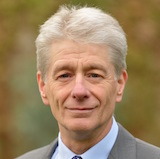

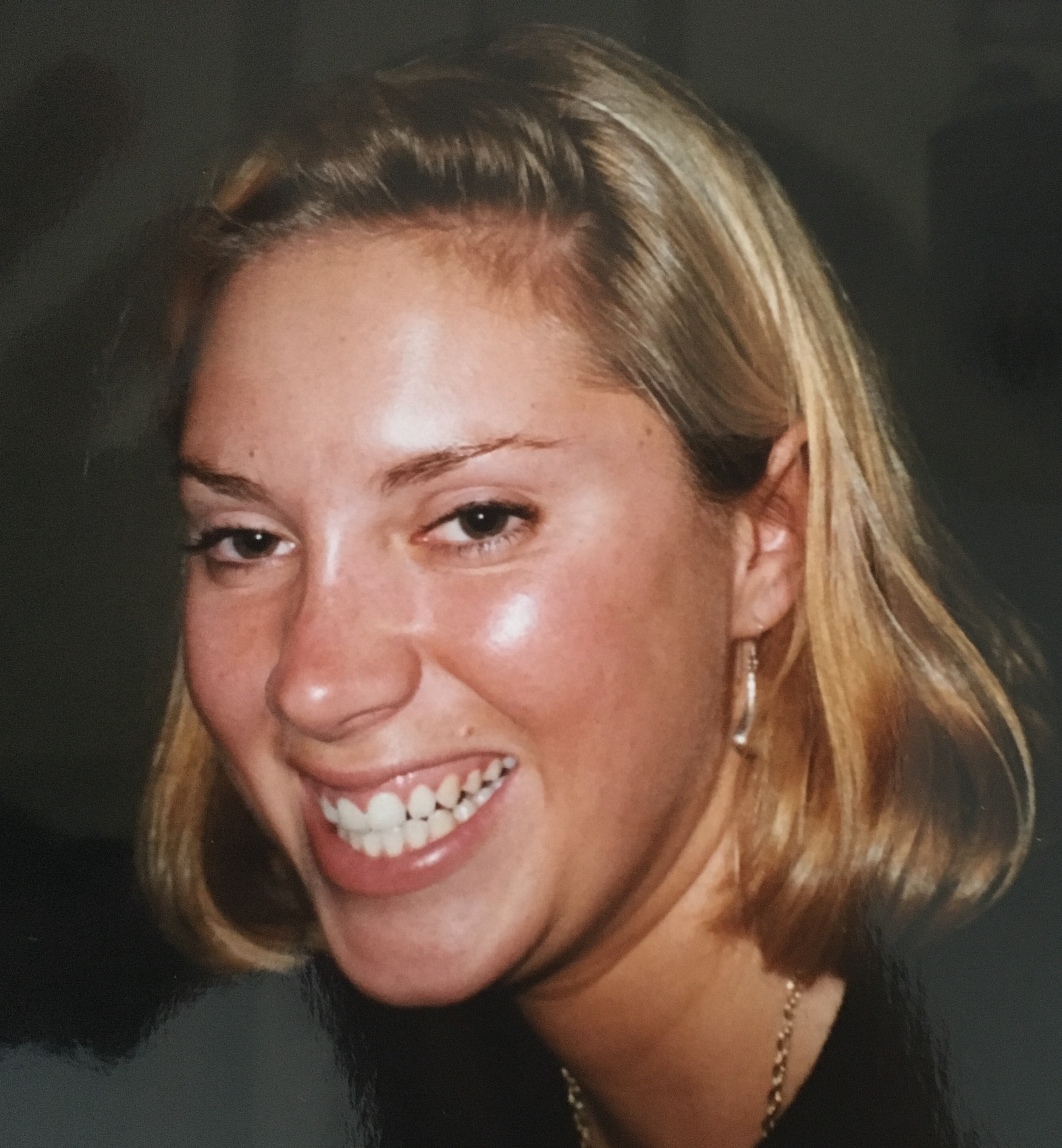
It is with much sadness that we have learned of the sad passing of Olivia Alderson (née Millington) on 9th July following a 7 year battle with breast cancer.
She leaves a loving husband John and 3 boys, Harry, George and William.
The funeral is to be held on Friday 5th August at St Nicholas Church, Rotherfield Grey, Nr. Henley on Thames
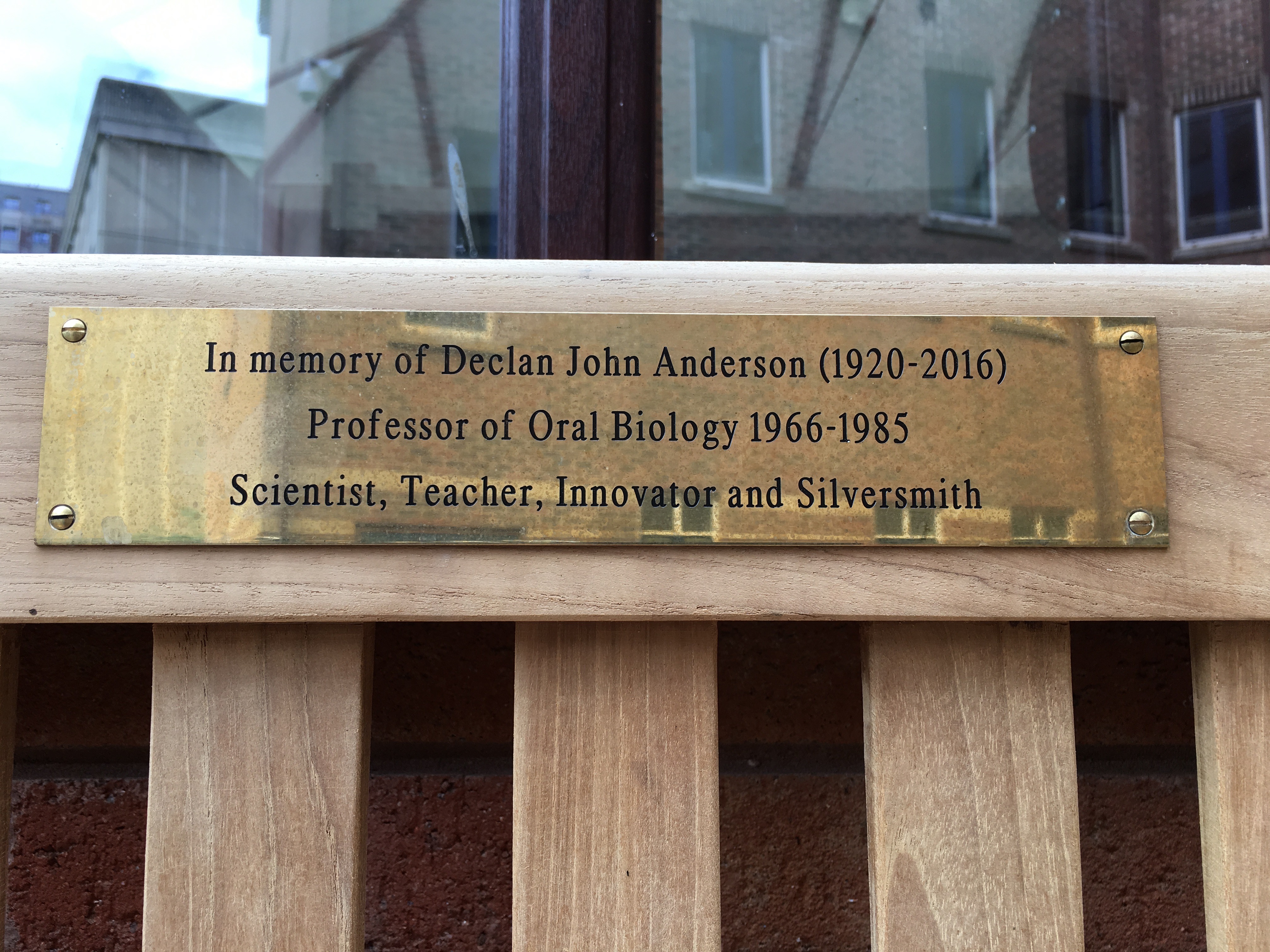
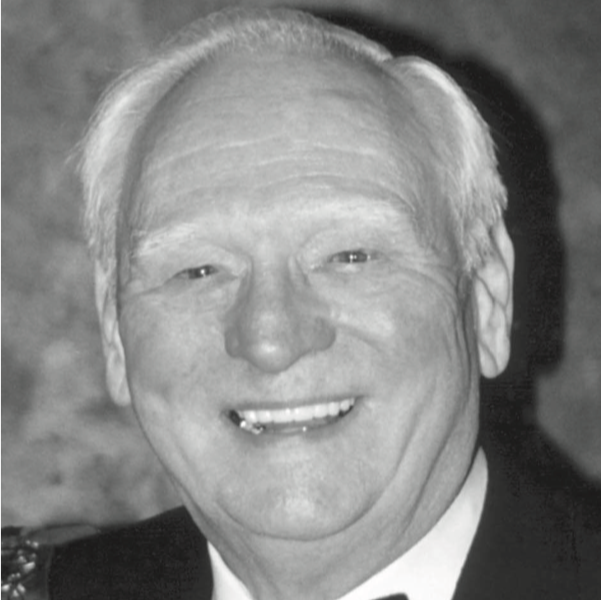
Norman Thomas graduated B.D.S. (Hons.) in Bristol in 1957 and went on to gain a B.Sc. in 1960 and Ph.D. in 1966. He was appointed a lecturer in dental medicine in 1962, working under Professor Darling, and remained in Bristol until 1968 – contemporaries will remember him as an energetic and very popular member of staff. In 1968 he moved to Canada on being appointed a professor at the University of Alberta in Edmonton, Canada, where he was made Professor Emeritus in 1990. In 2004 he was appointed Research Director at the Las Vegas Institute of Dental Studies which, on his retirement in 2015, honoured him with a Lifetime Achievement Award. He is now living in Edmonton and is Chancellor of the International College of Craniomandibular Orthopedics.
A son and grandson followed Norman to study dentistry in Bristol: Martyn, who qualified in December 1984, and Trystan who graduated in July 2008.
Des graduated in 1968 and retired from full-time work 5 years ago but becoming bored, has been working in Gambia as a volunteer dental “doctor”.
Des teaches, trains and acts as a GDP, working in Kotu with Swedish Charities set up in the ‘90’s by Lars Goran.
This is the only European clinic and village work is via back-pack consisting mainly of local anaesthetic forceps extractions.
If anyone could spare a couple of months it would be helpful as there are only 2 or occasionally 3 dentists trying to provide a service throughout the year.
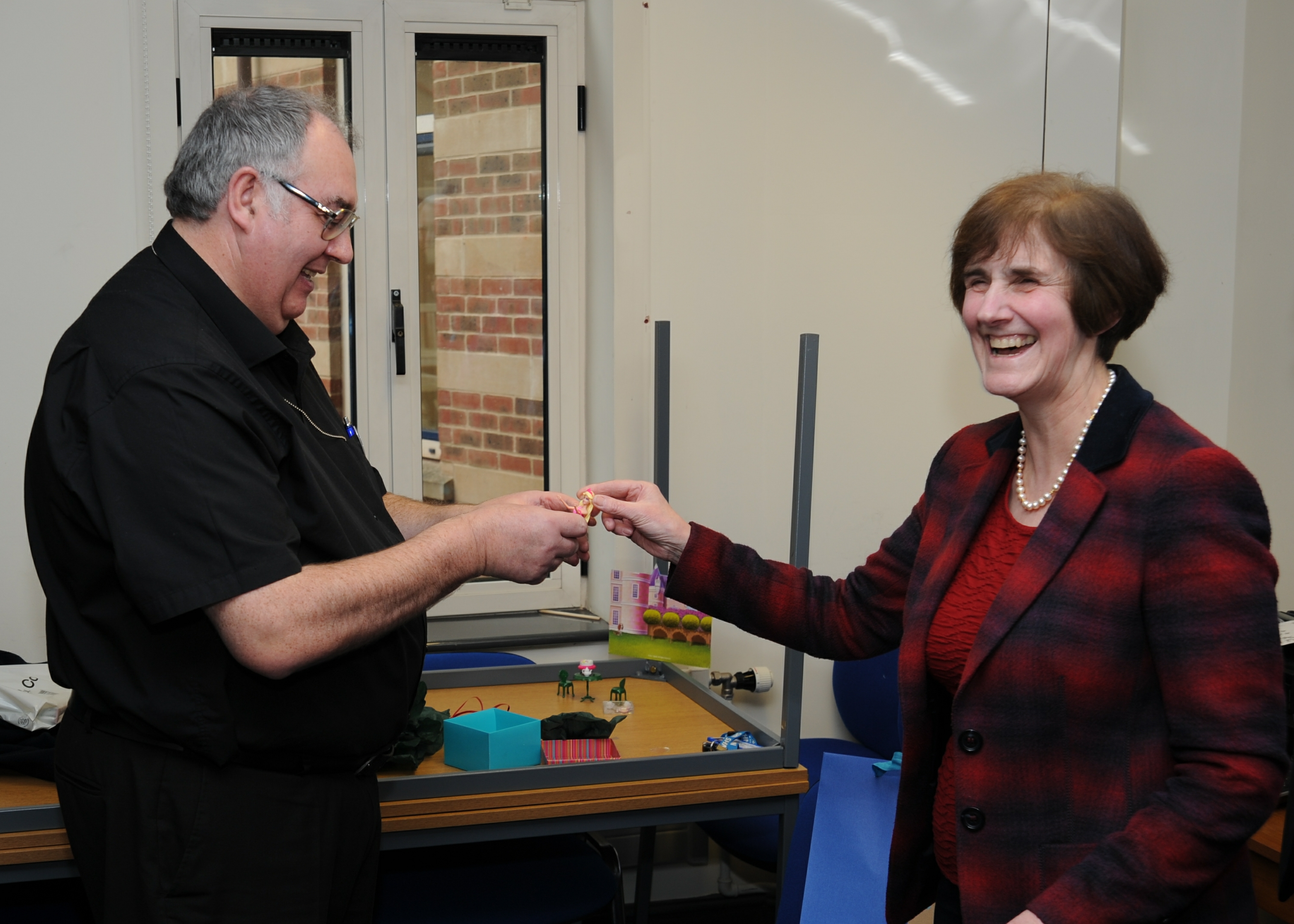
Gordon Gray, after recent semi-retirements, has now fully retired. At a gathering in the Dental School on Friday 18th March Susan Hooper paid tribute to him for all he has done for the School and, on behalf of friends and colleagues, presented him with a greetings card full of signed messages, and a parting gift. From a small box he picked out a miniature table and then several miniature chairs. It’s assumed that he did receive a full-size set for his patio in due course.
Gordon came to Bristol from Glasgow in 1995 on being appointed Lecturer in Restorative Dentistry. He became Dental Clinical Dean in 2003 – his 12 years in this post will have set an unsurpassable record. He was a member of our alumni association committee and led many tours of the Dental School for reunion groups, which were greatly appreciated – he has kindly offered to continue doing this during his retirement.
Gordon will continue living in Bristol but will also escape from time to time to his bolt-hole in sunny Spain.
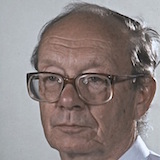
It is with much sadness that we have learned of the death of Professor Declan Anderson.
He died peacefully on the morning of Easter Sunday.
You may read an obituary here (opens in new window).
New reunion reports have been received.
Read about them here
BDAA are pleased to be able to support student elective projects.
Please click here to view them.
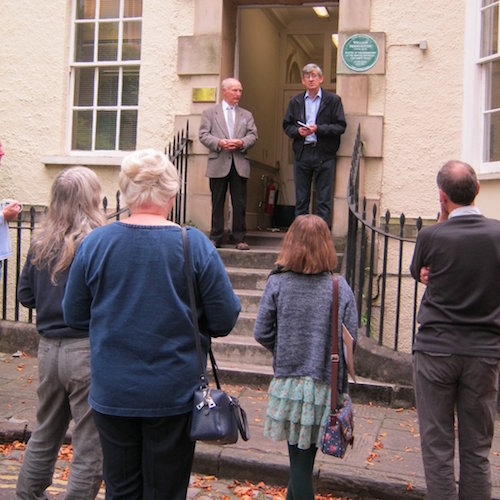
William was born in Bristol England where his father was a Custom Officer at what was then a busy inland port. This was not surprising as his distant relative, Sir Joseph Pennington MP was Commissioner of Excise for the British Empire, a post he held in succession to his grandfather. In due course William’s brother James succeeded his father as Custom Officer at Bristol but William, who seems to have been well educated, joined the Guards. In 1764 he was appointed colonial Customs Officer for the port of Brunswick, which at that time was North Carolina’s leading port. He travelled out to America with William Tryon, a Lieutenant Colonel in the Scots Guards who had been appointed Lieutenant Governor of the colony. The two soon gained a high regard for eachother and were to remain friends for life.
On their arrival they found themselves facing colonists rebelling against the Stamp Act of 1765. This was to lead to the American War of Independence ten years later. In the interim William Pennington, though facing increasing hostility, acquitted himself well and remained at his post until finally driven from office in February 1776. He now fled to New York where he joined the British forces under William Tryon, now promoted General, who had succeeded Lord Dunmore as Governor. After the final British defeat at the Battle of Yorktown William Pennington took ship for England. During the long voyage home he befriended another colonist who was retuning to England in the hope of finding his lost relatives and leaving them his wealth. Sadly he fell ill on the voyage and William nursed him in his final days. Before he died at the man rewrote his Will in Pennington’s favour. However on arriving in England William, being a man of proven honesty, destroyed the new Will and sought out the beneficiaries of the original and put them in possession of all the man’s property.
It is likely that when he arrived home William, having lost everything when he fled N Carolina, thought of himself as returning to a wealthy family. Sadly trade in Bristol had been drastically affected by hostilities with America and France and he was now a poor man. However there was strong public support for loyalists returning to England and William, supported by Tryon, made a successful claim to the Loyalist Claims Commission for a small pension of £60 p.a.
In 1785 in an effort to regain its reputation as a centre for entertainment, the Bristol Hotwell followed the example of the city of Bath and established a “Master of the Ceremonies”. William was appointed to public acclaim. (More than one account describes him as being elegant and witty and many Americans as well as British had left the American colonies at the outbreak of the War of Independence and settled in Bristol). William was now responsible for organising the Hotwells programme of public breakfasts, balls, cotillions, country dances and other entertainments during the Hotwell’s season from May to September each year. This he would do for the next 30 years.
One of William’s first acts as Master was to publish “Rules of the Hotwell” to ensure that all who attended behaved with decorum, and these were soon copied by Bath. In 1791, now enjoying a comfortable income, William learned of the distress of Penelope Weston one of Mrs Thrale/Piozzi’s intellectual circle which included Hannah More, Anna Seward, and Dr Johnson. Through no fault of her own, Penelope and her mother had been brought to financial ruin by the criminal acts of her wayward brother. Learning of this, William, who had met her when he first arrived in Bristol, proposed marriage though he was 52 and she 41 years of age. After some hesitation, but encouraged by Mrs Piozzi, she accepted his offer and they lived happily in Dowry Square for the remaining years of their lives. When a frail Mrs Piozzi returned to Bristol in 1821 Mrs Pennington visited her almost daily until she died, and then wrote a moving obituary which was widely published. Penelope Pennington died in 1828 and William the following year. Both had memorial plaques placed in the Dowry Chapel which were lost following its demolition in 1872, and the site of their final resting place remains unknown.
On October 3rd 2015 a plaque organised and paid for by the Clifton and Hotwells Preservation Society was unveiled at 12 Dowry Square, Hotwells Bristol where William and his wife lived from 1813 to 1823.